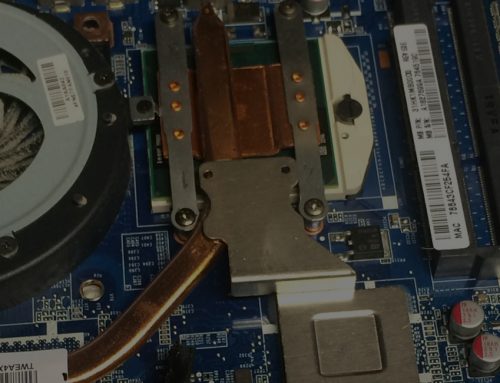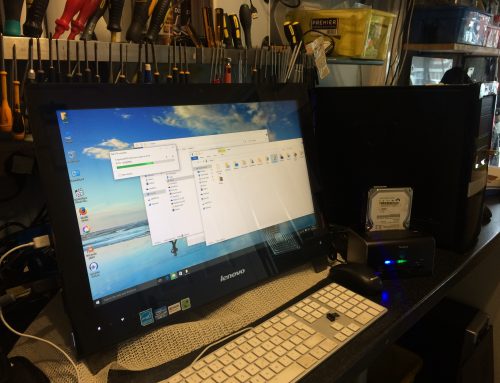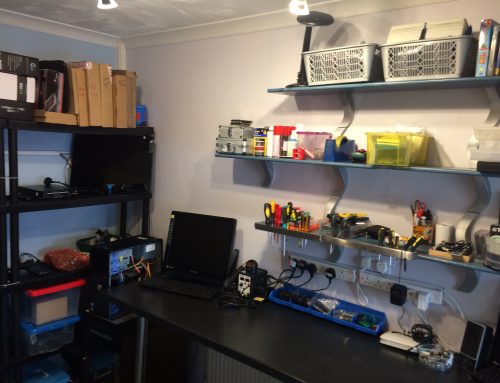Ready to change your computer and throw the old one out?
Before you do, remember that computers often hold all kinds of personal and financial information that thieves could find valuable such as passwords, account numbers, license keys or registration numbers for software programs, addresses and phone numbers, medical and prescription information, tax returns and other personal documents.
So before you take that PC to the dump :-
 Save important files. Back up your files to an external hard drive or online backup service, or transfer them to a new computer.
Save important files. Back up your files to an external hard drive or online backup service, or transfer them to a new computer.
Uninstall your programs. Some programs, such as Microsoft Office, may contain personal information such as your name and address or other details. While others, such as iTunes, only allow you to install on a limited number of computers. So be sure to deactivate iTunes and uninstall any programs before disposing of your PC.
Delete your browsing history. Most browsers save information about your browsing history and, if you set them to, even your user names and passwords for sites you visit. So it is critical that you delete this information from your browser before disposing of your computer. For Internet Explorer, you click on the Safety tab and then Delete Browsing History.
“Wipe” your hard drive clean. When you delete a file, the file name is removed from the list of available files and the computer knows it can use that space to save new data. The old file data is still there, though, until it is overwritten. And the data can be retrieved with a data recovery program. To remove data from your hard drive permanently, it needs to be wiped clean—preferably overwritten multiple times with a dedicated hard-drive wiping program.
Your computer should now be clean, but as a precaution I would suggest removing the hard drive and physically breaking it apart if you are going to dispose of the PC.
If you are going to recycle the PC to a family member than re-install the operating system onto the hard drive before passing the PC on.



